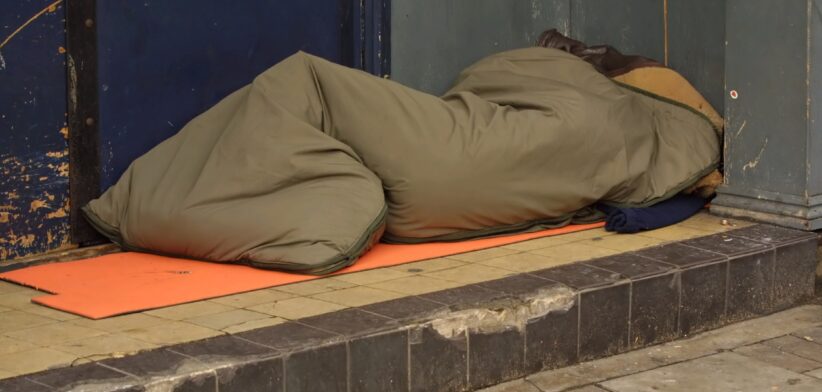A community-led Australian program working to end homelessness is receiving global recognition.
The Advance to Zero (AtoZ) initiative, run by the Australian Alliance to End Homelessness (AAEH) was one of nine programs, from 55 nominated countries, honoured with a United Nations World Habitat Award.
AAEH CEO David Pearson said the international recognition highlighted the transformative work being done across Australian communities to end homelessness, starting with rough sleeping.
Mr Pearson said the award came at a critical time when homelessness in Australia risked escalating from a crisis to a fully-fledged disaster.
“Over the holiday period, we saw more councils criminalise homelessness and shift the issue out of sight rather than address its root causes,” he said.
“While there have been some positive investments in housing from the Australian Government, there remains little to no new funding or reforms specifically aimed at ending homelessness.”
Mr Pearson said state governments also have continued to make inadequate investments in the solutions needed.
“Amidst this crisis, local communities have stepped up, and this award is a significant vote of confidence in their efforts.”
He said the World Habitat Awards celebrated innovative, sustainable solutions that improved lives globally.
“The AtoZ initiative was selected as one of nine winners out of 111 applicants across 55 countries, showcasing its impact and potential.
“It shines a global spotlight on our efforts to end homelessness, starting with rough sleeping. This recognition will inspire hope, encourage the local communities to continue doing this hard work and reinforce that homelessness can be ended in Australia”.
Mr Pearson hoped the award would lead to greater investment from all levels of government to fund permanent supportive housing.
He said Australia was in the depths of a homelessness crisis, with over 122,000 people lacking a permanent home.
“This crisis disproportionately affects First Nations people, who represent 20 percent of those experiencing homelessness.”
Mr Pearson said AtoZ was addressing these challenges by helping local communities implement evidence-based solutions.
He said the AtoZ initiative worked closely with local organisations to create actionable plans, track individuals experiencing homelessness and use data to drive change.
“Since its inception, AtoZ has housed over 4,000 people and expanded its reach to 29 partner communities.”
He said collecting and using better data was central to Advance to Zero, and public data dashboards had been created for a number of the communities participating.
Links can be found on the Australian Alliance to End Homelessness website.








